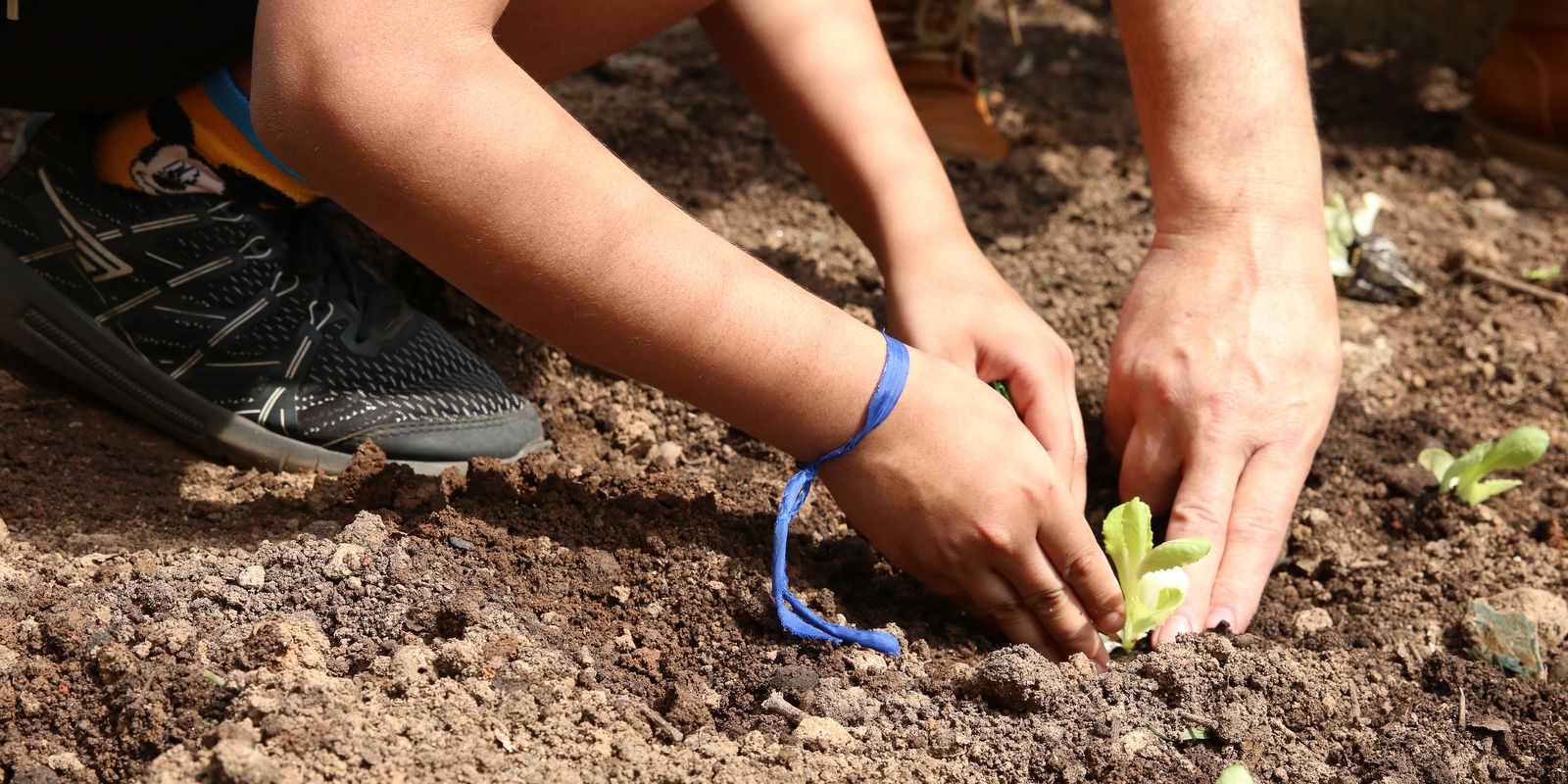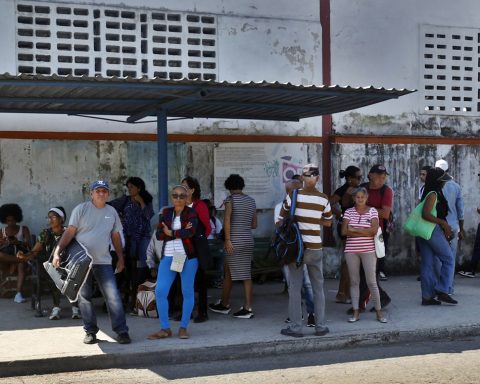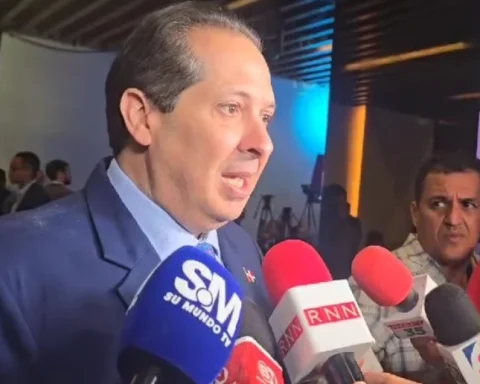Educators who want to bring nature into their schools now have a training course online and free for teachers in early childhood education, elementary school I and non-formal educators.
The idea is for teachers to encourage their students to create flowerbeds, gardens and kitchen gardens within the school in order to transform young people into agents of change for a sustainable world.
With proper training and certification as a university extension course, educators will be able to replicate the concept of TiNis – Terra das Crianças, which are nothing more than pieces of land that provide contact with nature, developing in children and adolescents empathy for all forms of life.
“It provides greener and more challenging spaces, with school routines that encourage movement, time, space and outdoor learning”, explains the coordinator of TiNis in Brazil, Thaís Chita.
The initiative is from the Alana Institute, a civil society organization that promotes actions aimed at training children, in co-operation with the Singularidades Institute, a national reference for initial and continuing teacher training. The certification is from the Singularidades Institute and the training is carried out in partnership with the National Union of Municipal Education Directors (Undime) and the Conviva Educação Platform.
“In addition, they contribute to the creation of naturalized school yards and systems of green areas in the city. The TiNis also effectively contribute to healthier school lunches and help build a culture that recognizes children as agents of transformation”, he says. Thais.
For cities, completes the coordinator, TiNis contribute to green area systems and thermal comfort, greening and beautifying the space, creating a microclimate and habitats and cleaner air.
“These are spaces for them to express their autonomy and protagonism, transforming the environment they frequent, playing and learning with Nature in a constant exchange that generates benefits for the child, for their community and for Nature. We suggest the size of half a square meter of soil or three pots”, says the coordinator.
Thaís says that the concept of TiNis is recent and was developed by the Peruvian Joaquín Leguía. The idea is already present in countries like Ecuador, Bolivia, Costa Rica, Indonesia and Japan. It arrived in Brazil in 2021, in a partnership between the Alana Institute and Gisele Bündchen, and has already spread to more than 200 homes and schools in our country.
The course
The online course lasts 40 hours and offers educators access to centering practices, video classes, handouts, videos and in-depth materials, interviews with special guests and practical activities. The course will be divided into four modules.
In the class schedule, educators will learn more about what TiNis are, its concepts and its educational potential; the need to form emotional bonds with nature, the concept of “reciprocal creation” and the notion of interdependence.
In the course, teachers will also learn more about children’s protagonism in the creation of TiNis, about the educator’s role and contribution to fostering a healthy relationship between children and nature, about how to engage students with TiNis and, also, basic planting and management techniques.
Registrations
Entries can be made by the website and the start of the course is immediate, it is not necessary to wait to form a group.
To enroll, the professor must follow the step by step as if he were going to purchase the course through the site. However, as it is free, the cost of the course will appear as R$ 0.00 (zero reais). For more information, just send an email to: [email protected]
Examples of TiNis
In just under two years, the initiative has already engaged around one thousand educators in Brazil, with successful examples in Jundiaí and São Paulo (SP), Macaíba (RN) and Benevides (PA).
Colégio Paulo Freire in Jundiaí was the first to have a TiNis coordinator. Karina Mitiko completed her training in 2021 and implemented TiNi para Ser at the institution with contributions from other teachers and families.
The school incorporated the project into its pedagogical planning and will include TiNis in the curriculum for 2023, with the involvement of all students (from kindergarten to elementary school II).
The Sesc School in Macaíba implemented TiNi Tempo de Semear. In addition to planting with her students, teacher Josefa Lucila Felix Moreira has already created songs, mandalas and involved families in the adventure of sowing and reaping.
In Pará, the Municipal Education Network in Benevides implemented TiNi Caminho do Girassol and TiNi Doce Encanto. In partnership with the Municipal Department of Education, the initiative involved 90 managers and coordinators, in addition to 35 educators.
















